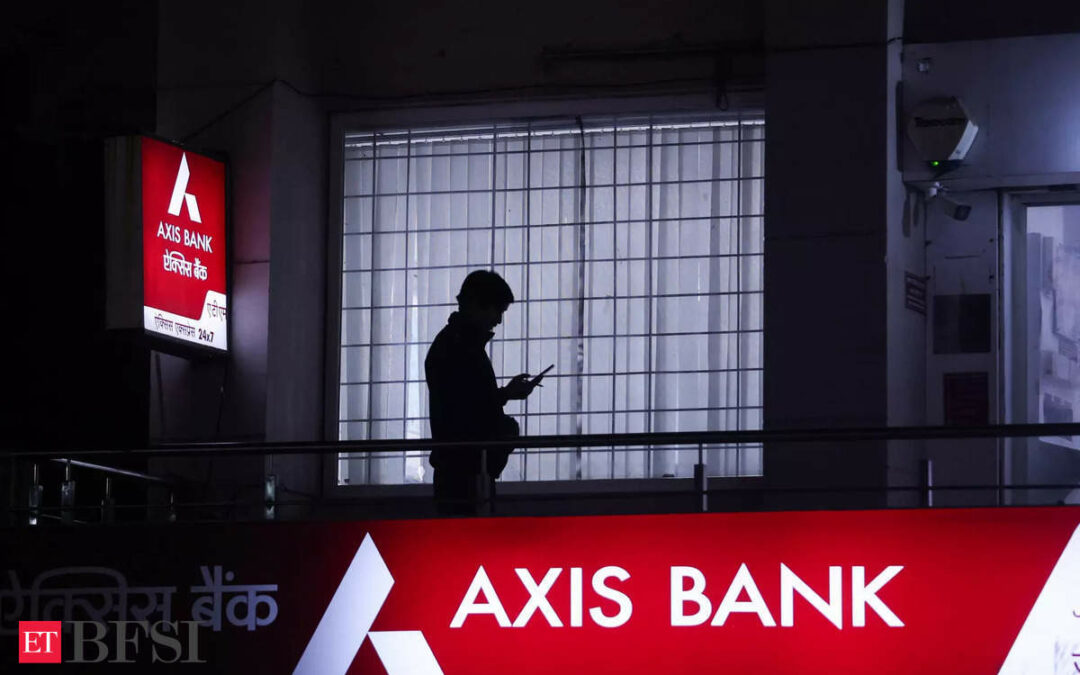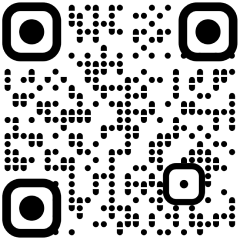Despite enjoying a higher valuation premium on risk management and overall governance practices, Kotak Mahindra Bank has now lost its status as the fourth largest banking stock on Dalal Street to rival Axis Bank in market value terms.
While Axis Bank shares were trading 4% higher on better-than-expected Q4 results, those of Kotak were trading 10% lower following a ban by RBI on digital sourcing of customers and issuance of fresh credit cards.
As a result, Kotak’s market capitalisation fell to Rs 3.3 lakh crore while that of Axis Bank was higher at Rs 3.4 lakh crore.
In Dalal Street’s pecking order, HDFC Bank remains India’s most-valued bank at about Rs 11.5 lakh crore, followed by ICICI Bank at Rs 7.76 lakh crore and SBI at Rs 7 lakh crore.
Kotak and Axis have often been pitched against each other. In terms of market value, both private lenders were at similar levels of Rs 1.5 lakh crore in 2015. Gradually, a sharp rally in Kotak took it far ahead of Axis.
However, in the last 3 years, investors have disliked Kotak amid succession-related issues. The two names – Uday Kotak and Kotak Bank – were synonymous with each other for investors. Following the legendary banker’s exit last year, the stock lost a large part of its ‘promoter premium’.
Trouble aggravated further on Wednesday when the RBI prohibited Kotak from onboarding new customers through its online and mobile banking channels and also further barred the lender from issuing fresh credit cards.
Also read | Kotak Mahindra Bank shares crash 12% after RBI crackdown. Derating ahead?
The stock, once a favourite of long-term investors, has lost around 4% of its value in the last 3 years. On the other hand, Axis shares have rallied 65% during the period.
Analysts now fear a potential derating for the stock in the near term if the regulatory issues do not get resolved quickly.
Kotak has been reporting stronger growth in retail products, aided by a higher mix of digital sourcing and a thrust on unsecured products.
“The bank has earlier guided to further increase the mix of unsecured products as the underlying asset quality remains under control, while high cross-selling and reduced costs of digital sourcing are aiding overall profitability. The RBI ban will thus disturb the growth trajectory of retail products and adversely impact overall margins and profitability,” Motilal Oswal said.
When HDFC Bank faced a similar ban, it had ended up losing market share in credit card spends over a period of time.
Kotak said it has taken measures for the adoption of new technologies to strengthen its IT systems and will continue to work with RBI to swiftly resolve balance issues at the earliest.
The restrictions will be reviewed upon completion of external audit and corrective action plan to RBI’s satisfaction which typically takes 6-12 months, analysts say.
(Disclaimer: Recommendations, suggestions, views and opinions given by the experts are their own. These do not represent the views of The Economic Times)









